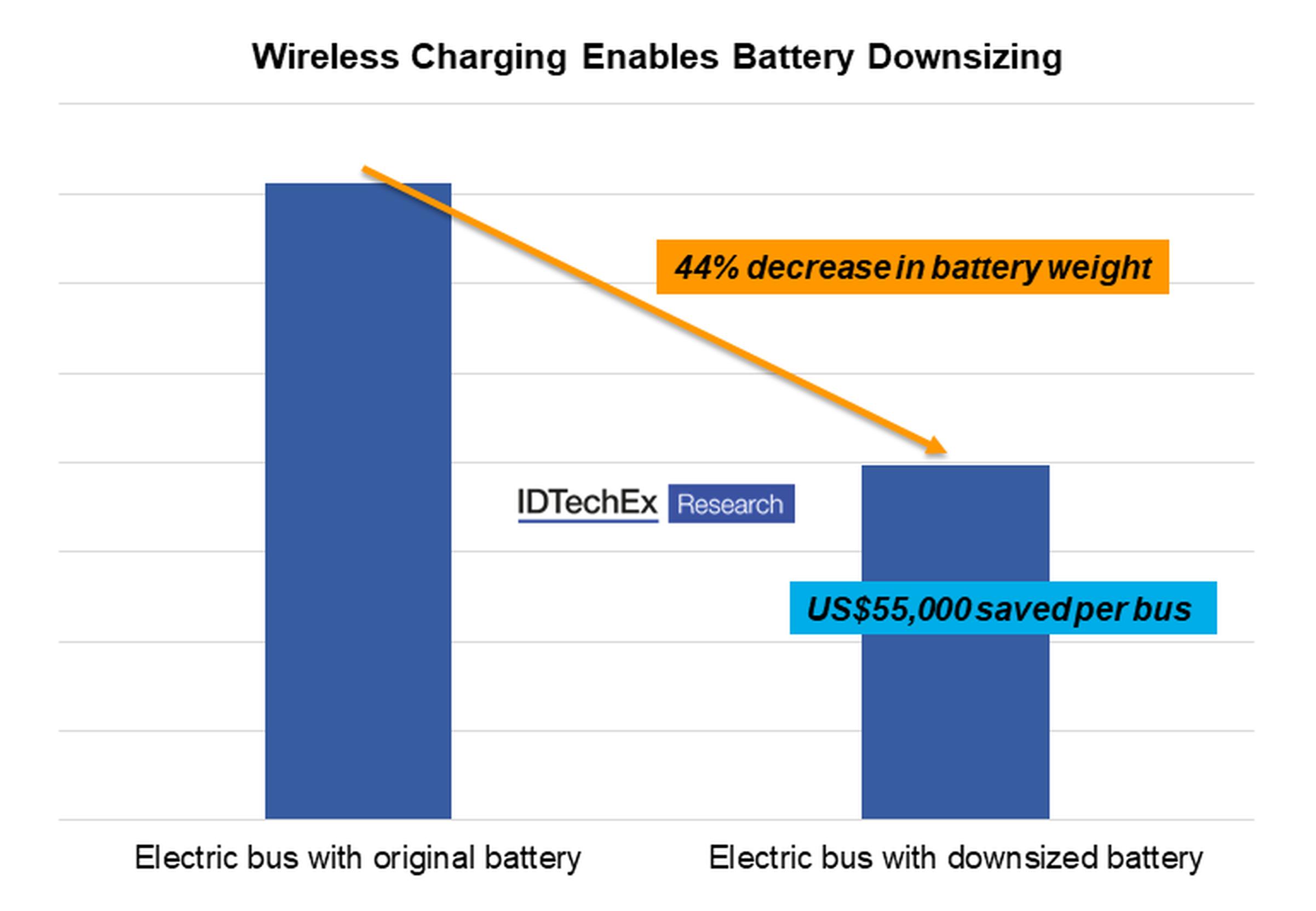

Charging electric buses has so far been done overnight in depots. However, if the daily operating range of the bus exceeds the real-world range that the driver is able to achieve, then local transit authorities are often left with two options.
These two options are: purchasing an electric bus with a bigger battery, which is more expensive; or buying a secondary bus to replace its service while the first one is being charged.
Both options are costlier compared to traditional diesel buses. Not to mention, charging an electric bus during the day at the depot can incur costly peak demand charges.
The term ‘opportunity charging’ refers to charging an electric vehicle for short periods throughout the day instead of charging it in full all at once. In short, you are charging the battery whenever the opportunity arises. Wireless inductive charging best provides its benefits when applied as an en-route charging system.
Wireless charging hardware installed at one or both ends of a route top-up the batteries for typically 5 to 10 minutes while the bus is waiting at the terminus before a new trip/round-trip starts. With an automated charging process like wireless charging, one can integrate the charging process into the usual mode of operation by installing chargers where the bus must stop anyway or by charging while driving (referred to as dynamic wireless charging).
Wireless chargers can also be strategically installed at bus stops for graze charging while letting passengers on and off. The charging process seamlessly integrates into daily operations, allowing continuous service, optimum fleet availability, and high efficiency.
The report Wireless Charging Market for Electric Vehicles 2023-2033: Technology, Players and Forecasts covers the enabling componentry needed on both the ground and vehicle side.
Lithium-ion batteries degrade with use. Overnight or deep-cycle discharge damages batteries, and high charge rates degrade batteries because of the temperature created. Studies have also shown that topping off batteries during the day keeps from having to charge batteries from deeply depleted states, extending battery life.
A shallow, frequent charging of the battery is known to be better for the battery life than deep, infrequent charging. Wireless charging with several installed ground pads allows the battery to be charged on a shallow, frequent charging scheme, keeping them at an optimum state of charge between 45 to 75% during operation. However, more ground pads will require a greater initial investment.
IDTechEx research finds that 70% of the infrastructure value is in the ground assembly (GA) and that high-power wireless charging systems can cost upwards of US$50,000 for the GA alone.
While high-power wireless chargers may be expensive to install, they pay back their investment in various ways. An additional benefit of opportunity charging is that when buses return with a higher state of charge, costly peak demand charges at the depot are reduced.
Secondly, wireless opportunity charging helps to reduce the battery capacity required significantly. Instead of driving around tons of batteries, the buses focus on transporting people. The wireless opportunity charging technology increases the profitability of an electric bus fleet because the more frequent but shorter charging cycles reduce the required battery capacity and improve its service life. As a result, electric bus fleet operators can buy cheaper buses with smaller batteries.
The latest IDTechEx report includes an operational analysis of real-world case studies highlighting the cost savings achieved by some transit authorities. Considering the example of an all-electric BYD K9 bus (The K9 is its best-selling model), IDTechEx research found the potential of downsizing the battery by 138kWh (to about half the original weight) can lead to cost savings of about US$55,000 per bus.
Companies like WAVE, InductEV (formerly Momentum Dynamics), and IPT are involved in the wireless opportunity charging of buses. The IDTechEx report includes their full company profiles, benchmarking of their technology by power, efficiency, air gap, and vehicle pad weight levels, alongside providing detailed deployment data.
Furthermore, companies like Electreon are included in the report - companies working with big OEMs to commercialize dynamic wireless charging. However, their deployment is expensive - IDTechEx research estimates an electric road system to cost about US$1.5 million per kilometer. Overall, wireless opportunity charging is a promising new technology that offers some major benefits to transit authorities.
Shazan Siddiqi is a technology analyst at IDTechEx
TransportXtra is part of Landor LINKS
© 2025 TransportXtra | Landor LINKS Ltd | All Rights Reserved
Subscriptions, Magazines & Online Access Enquires
[Frequently Asked Questions]
Email: subs.ltt@landor.co.uk | Tel: +44 (0) 20 7091 7959
Shop & Accounts Enquires
Email: accounts@landor.co.uk | Tel: +44 (0) 20 7091 7855
Advertising Sales & Recruitment Enquires
Email: daniel@landor.co.uk | Tel: +44 (0) 20 7091 7861
Events & Conference Enquires
Email: conferences@landor.co.uk | Tel: +44 (0) 20 7091 7865
Press Releases & Editorial Enquires
Email: info@transportxtra.com | Tel: +44 (0) 20 7091 7875
Privacy Policy | Terms and Conditions | Advertise
Web design london by Brainiac Media 2020